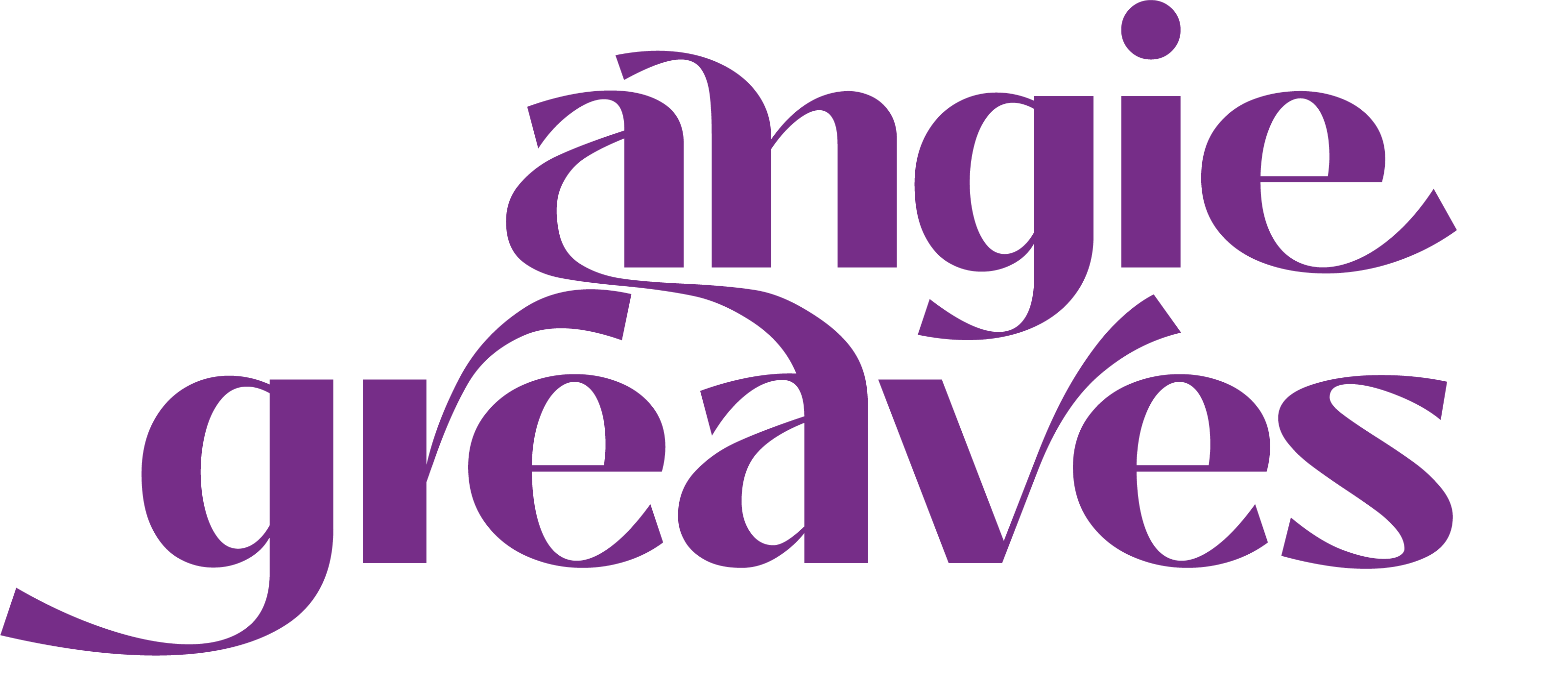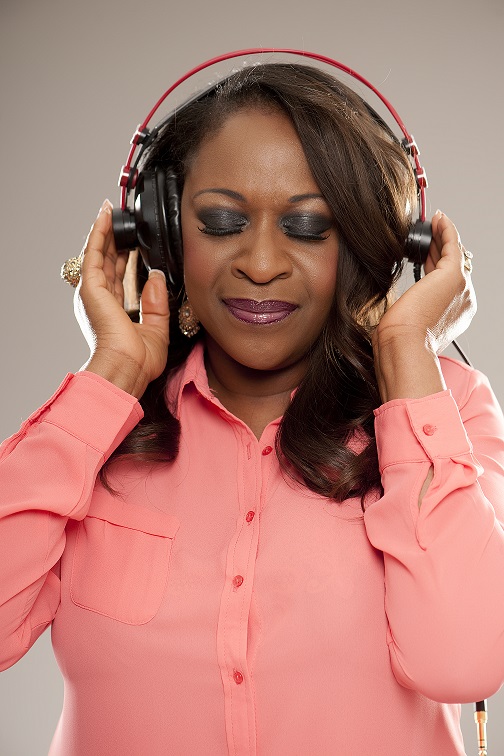Being a radio presenter is easy right? Just talk and talk and talk. How hard is that? Oh how I wish it were that easy. Presenting on the radio sounds easy but can be quite difficult at times. Having to remain composed, compelling, and confident no matter how you’re feeling can be a task and a half. Your audience rely on you to make their day better no matter how you are truly feeling.
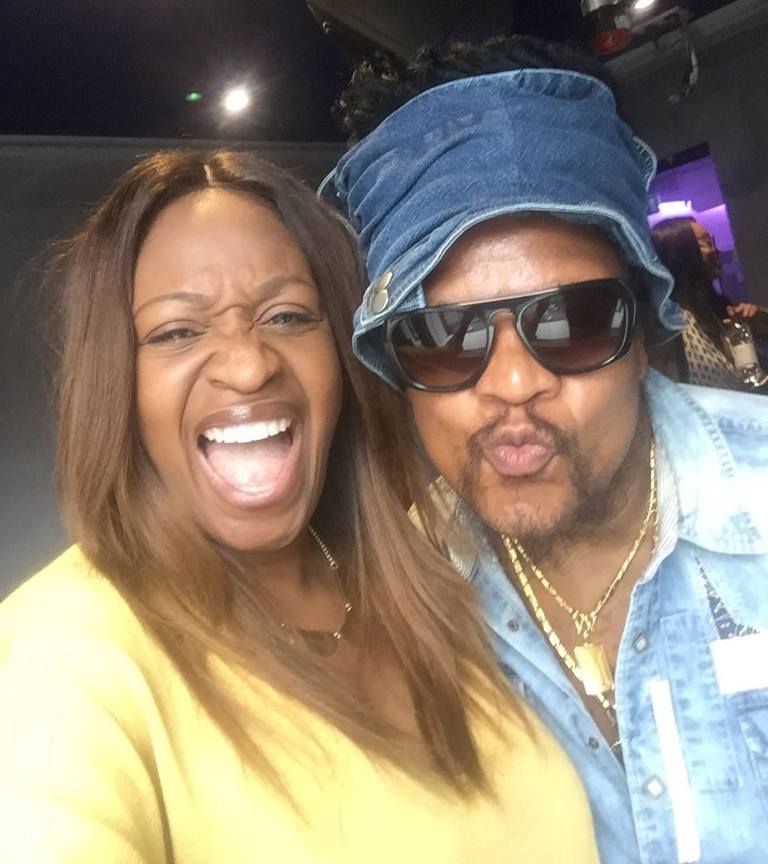
Here are my personal top ten tips on making it in the world of radio presenting:
1. Compare and contrast.
Listen to lots of different radio personalities local and internationally. With today’s internet availability it’s easy to do. Learn what you think sounds good and not so good. Train yourself to develop a “radio ear”. Don’t completely mimic other presenters it’s important to be yourself because it’s you and your USP that’s going to draw people towards you. Learn from other presenters, learn what works and what falls flat. The very best radio personalities have developed an instinct for what works for them.
2. Be prepared.
You may think that presenters simply turn up and say the first thing that pops into their head with no preparation. Some do but you can almost hear the emptiness. So plan and prepare what you are going to say. Find something in the news, current affairs or entertainment pages in your favourite magazine and link that story to the music on your playlist. Check your playlist and see if any artists you’re playing that day are in the news, have released a new single, album or book. Check their social media and see if there are any stories you can relay on air. Chatting away endlessly is a huge no-no. It may be fun for you but it can be boring for your listener. Find your mojo with preparation but also walk the fine line between not enough and too much.
3. Who are you talking to?
Talk to one person. As in… you’re having a conversation. Radio is deeply intimate. Think about it, your voice is with people when they’re driving, cooking, in the shower. (You get the idea) It’s a personal thing. Make it so that your audience believes you are talking directly to them. Pluralising (“Hi listeners.”) breaks that lovely bond that a presenter has with their listener. It’s personal. Use the word “you” as much as possible.
4. The Link is strong with this one.
Just like the “force” in Star Wars, feeling your link in radio presenting is super important. Feel the length of your link. It might be 3 seconds or 3 minutes. Trust your producer, as they might be better equipped to tell you when it’s time to stop. If you’re broadcasting solo, listen to your own show for your link length. If they’re too long, then they’ll definitely bore the listener. Not long enough, you’ll lose their interest. It’s important to find that balance. Think about when having a conversation with someone and they go on about something for ages …. you’d switch off wouldn’t you? If they give you info without detail, you’d want more. Find the balance with your link lengths.
5. Shhhh… sometimes.
Learn from the very beginning to not talk over songs, either at the beginning or end. Intro’s are fine and if the song ends with a long length of music then yes, but talking over vocals can be so annoying, and it’s a big turn-off to your listeners. If someone is talking over YOUR favourite song of all time, spoiling it completely, you get annoyed – yes? Your listeners are no different. They may even talk to the radio and holler at you to shut your mouth
6. Learn to sell without appearing pushy.
Commercial radio is effectively a huge store intertwined with music. Promoting other shows on the air or a station competition is within the store. Present with passion and research the product you are reading about when doing Live Reads. Don’t just read the Live Read, and try not to sound as though you are reading! You also have to sell yourself, be confident, warm and engaging. You better learn to be okay with self promoting. It’s not bragging if you’re telling the truth so don’t be shy in showing producers and other talent that you’ve got serious energy. Hey, if you don’t like you then why should the listeners? Have confidence. There is no room for self doubt here. Sell yourself.
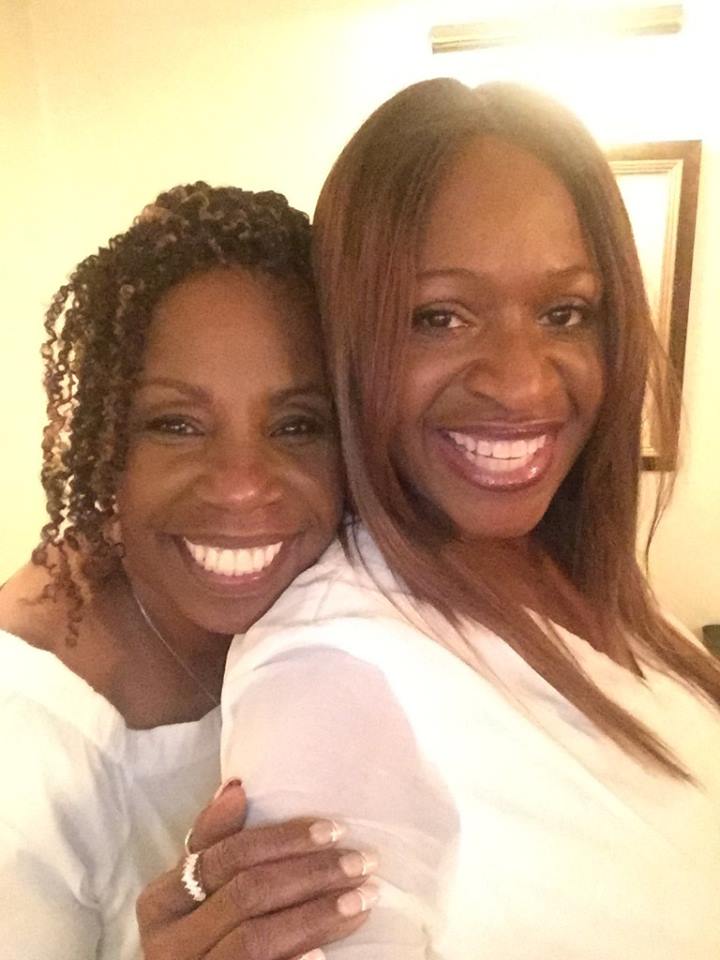
7. Practice, practice, practice.
You need a small platform to hone your skills. Student, community or even hospital radio experience is a great place to start and can be vital in your presenter development. It is the perfect place for you to practice, gain experience and to fine tune your personal presentation style. Find out exactly what kind of a presenter you are and wish to be. Find your radio presenting comfort zone. Are you good at talking about yourself and funny life observations? Or do you feel best just rapping about the song you’re going to play? Are you passionate about talking news and current affairs? Do you favour speech over music? The best way to assess your presenting strength and weakness is to… yes… practice.
8. Get feedback.
If you are already on a radio station, record your shows periodically and listen back. Be honest with yourself, and let your Programme Controller or Content Director listen back too, or listen to your links with them during regular snoop sessions. Get feedback, and be real, you’re not going to come out of each session with flying colours. There will be criticism, especially if you are presenting from a playlist. There is a chance that you will be playing a rotation of songs and could be repeating some of those songs more than once during the week so it’s important to not repeat what you say about those songs each and every time you play them. It’s very important that you can handle criticism, constructive or not. Get a thick skin. If you do achieve radio broadcasting success, there are people who are PAID to tell you the truth about your presentation skills and sometimes you may hear negative words. You have been hired to touch the lives of many people on a daily basis, and that is a huge task. Perfect your communication skills.
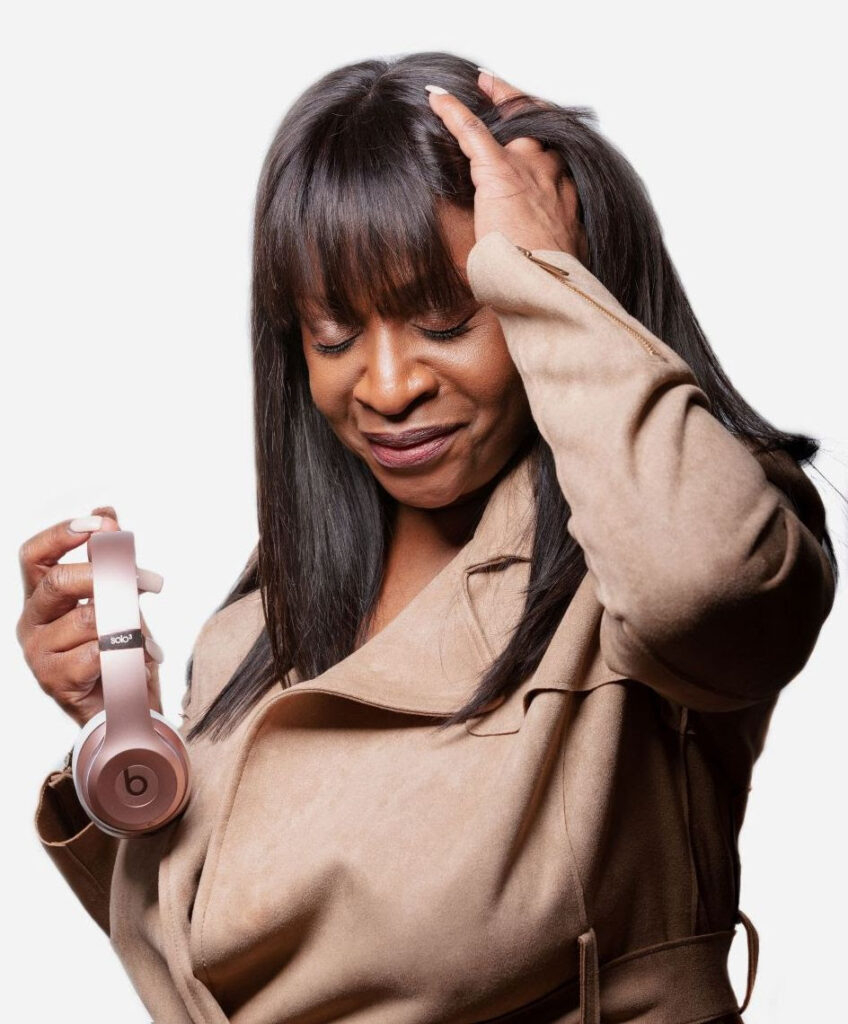
9. Rub elbows.
To make it long term in the world of radio, you’ve got to develop a multitude of connections and a reputation (preferably a good one), and network, network network. Most of the most successful presenters in the business have had massive experience with extensive networking and branding. Developing yourself as a brand means promoting your skills and reputation as a broadcaster and a popular public figure. Don’t pass up ANY opportunity to network. A small intimate get together could land you a voice over job. Nothing is small potatoes when you’re just starting out. Be appreciative, be approachable, be willing to have lunch with talent and agents at the drop of a hat and make yourself available for golden opportunities.
10. Most importantly… HAVE FUN!
Make being on the air fun. Enjoy every second. Audiences will be able to hear your authentic love for what you do and will respond well to you! Your next big break could be around the corner, you’re always rehearsing, remember that. You could be the daily listen for the decision maker of another station, or a TV Executive, so always research, prepare and present as first class a show as possible regardless of how you are “feeling”.
Your state of mind shines through everything you do and say. Make your time on air the time of your life! Make it MAGIC!
HAPPY PRESENTING
Have you ever thought of becoming a radio presenter? What has held you back? Are there any other dream jobs that you’ve talked yourself out of? I’d love to hear about it on Facebook Twitter and Instagram.
